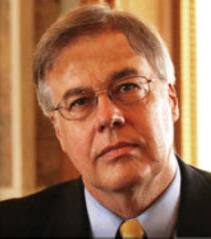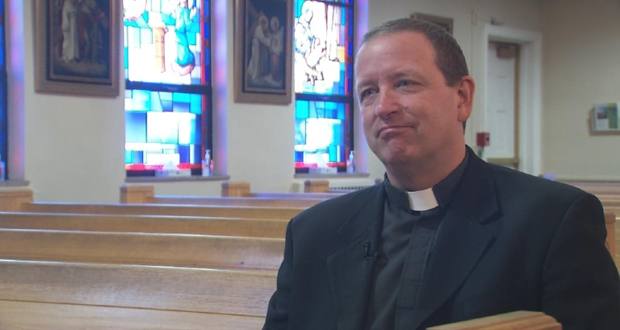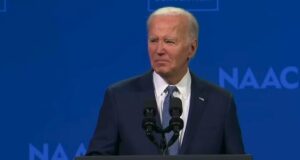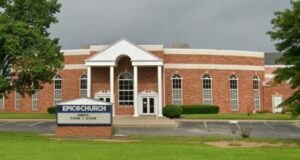A public debate has started concerning the Kansas Supreme Court, who recently found the right to an abortion in the Kansas State Constitution. Is the church legally restricted from participating in the debate?
No.

Joe Patton
A church can do a lot to educate the public about social and political issues. We all know the IRS forbids churches from political activity but what is considered political? Here’s some guidelines that may help.
- A church under the IRS code is tax-exempt and contributions are tax deductible. There are specific activities that a church should avoid to protect its tax status from being challenged.
- A church can discuss the positions of political candidates but not endorse political candidates.
- A church cannot contribute to political candidates, nor make in-kind contributions.
- A church can’t do fundraising for a political candidate nor contribute to a political action committee.
- A church can have a candidate appear at a meeting, do candidate surveys, display voting records, voter education, voter registration, voter identification, get out the vote activities.
- A church can even lobby for legislation, but lobbying may not be a substantial part of the organization’s activity.
- A church can make expenditures on state referendums.
For more information on how churches can participate in political debate, here is a link to the IRS information.
Pastors, as individuals, have the same rights as all other American citizens to involve themselves in political activity. Pastors thus have much greater latitude to involve themselves in political activities than does a church.
The following should guide a pastor regarding personal political activities which may relate to his church position:
(1) A pastor may individually and personally endorse candidates for political office.
(2) A church may not endorse candidates for political office, and a pastor may not endorse candidates on behalf of the church.
(3) A pastor may allow his name to be used as a supporter of a candidate in the candidate’s own political advertisements. The pastor may be identified as pastor of a particular church, if it is indicated this is for identification purposes only and if it is indicated that the endorsement is by the pastor personally and not by the church.
(4) Churches may engage in non-partisan voter registration, voter identification, get out the vote, and voter education activities if such activities are not intended at the supporters of any particular candidate or political party.
(5) A church may distribute a voter guide regarding candidates’ positions on various issues or a scorecard reporting on the voting records of incumbents. In such publications, the church or pastor may not state whether the candidate’s position or vote is consistent with the church’s.
(6) A church or pastor may state the position of a candidate on any issue and may comment on that position (including praising or criticizing the candidate for it).
(7) A church may allow political candidates to speak on church premises; however, all candidates should be invited and given equal opportunity to speak. A candidate should not be allowed to appeal to a church congregation at a church service for funds to be used in his political campaign, and no member of the church should endorse a candidate in conjunction with the candidate’s visit.
(8) Church facilities may be used by political candidates on the same basis that civic groups may. If civic groups must pay some rent for using the church property, a political candidate should be charged the same amount.
(9) Lists of members of the church congregation may be provided to candidates for use in seeking support or raising funds only if rented at fair market value.
(10) A church may not establish a political action committee.
(11) Pastors and other like-minded individuals may establish a political action committee, but care should be taken that the committee is separate from the church and does not use the assets of the church.
These guidelines should not be construed as legal advice concerning political debate within a church. Churches and pastors may obtain legal advice by contacting a competent lawyer.
–Joe Patton for Metro Voice
David Jeremiah warns against church as entertainment driven social organization
 Metro Voice News Celebrating Faith, Family & Community
Metro Voice News Celebrating Faith, Family & Community









